
Every cell in your body needs a steady supply of oxygen and nutrients in order to stay alive and work properly, including brain cells. Because oxygen and nutrients are carried into the bloodstream, anything that impedes blood flow will starve those all-important brain cells.
Overall, play great importance to one’s overall diet when supporting memory functioning and optimization (rather than any individual food or particular dietary supplement). When it comes to healthy nervous and cardiovascular systems, remember that body movement and exercise are just as important as food and stress onto the body, which are all holistic pillars of wellness.
It's too simple to single out particular foods as being "best" for memory, for memory is a complex and integrated process which requires a greater variety of nutrients than any single food can provide.
Since memory-recall involves a good bit of brain activity, and brain activity puts special emphasis on a healthy nervous system and healthy blood flow, all steps people take to improve their blood flow, circulation, and nervous system function may end up contributing to better memory.

Focus on plant foods like walnuts, flax seeds, cold water fish like salmon, and oils like extra virgin olive oil, because the types of fat contained in these foods help keep your blood vessels and nerve wrappings healthy.
Among these fats is a group called omega-3 fat. The importance of certain omega-3 fatty acids, especially the fatty acid called DHA, or docosahexaenoic acid-plays the biggest role in brain and nervous system function.
Refrain from hydrogenated oils that contain trans fatty acids, fried foods, large amounts of animal fat (beef fat, pork fat, or chicken fat), or other high-fat, processed foods.
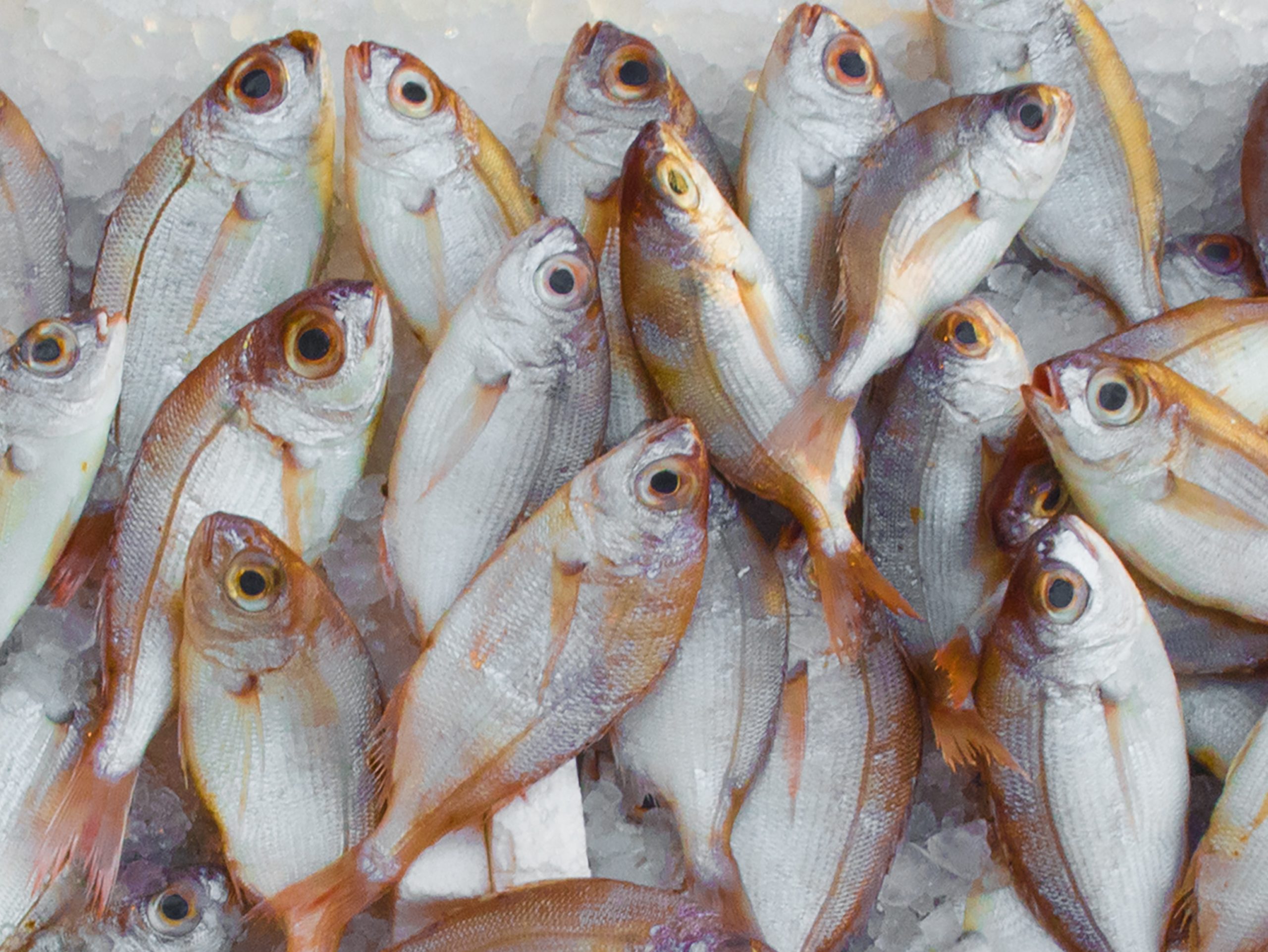
Research suggests that when it comes to food and memory, fish plays a starring role. Specifically fatty fish like salmon and sardines, thanks to the ample amounts of omega 3 fats they provide.
In fact, a study published in the Archives of Neurology in November 2006 found people with the highest levels of omega 3 fats were significantly less likely to be diagnosed with dementia, compared to people with the lowest levels.
Another earlier study conducted by researchers at the Rush University Medical Center in Chicago followed more than 3,000 men and women for six years to see how diet affected memory.
People who ate fish at least once a week had a 10 percent slower decline compared with those who did not eat fish, a difference that gave them the memory and the thinking ability of a person three years younger.
Fatty fish is concentrated in the most potent form of omega 3 fats (EPA and DHA), so go out of your way to incorporate three to five ounces portions at least three times each week.
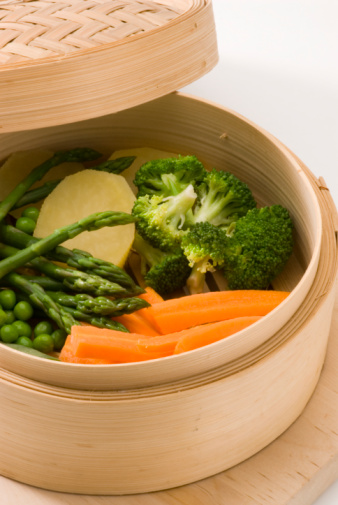
Leafy greens like spinach, kale, collard greens, mustard greens, and turnip greens, are loaded with folate, also known as folic acid, which protects blood vessels and protects neurons in the brain.
Steam your vegetables (not boil) for 7-10 minutes. A study conducted at Tufts University in Boston followed about 320 men for three years.
Those who had high blood levels of homocysteine showed memory decline, but if the men ate foods rich in folic acid (folic acid directly lowers homocysteine levels), their memories were protected.
An Australian study also found that eating plenty of foods rich in folic acid was associated with faster information processing and memory recall.
After just five weeks of introducing adequate folic acid into their diets, women in the study showed overall improvements in memory.
Toss fresh baby leaves with balsamic vinaigrette for a simple two ingredients side dish or bed for grilled chicken, seafood, tofu or beans.
Black beans are a great source of thiamin.
This B vitamin is critical for healthy brain cells and cognitive function because it's needed for the synthesis of acetylcholine, the important neurotransmitter essential for memory.
Low acetylcholine has been linked to age-related mental decline and Alzheimer's disease.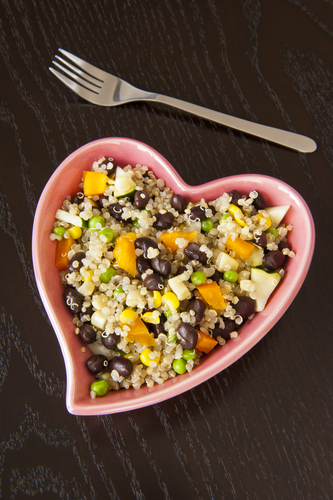
Pair a salad with black bean soup or enjoy them in place of meat in tacos and burritos or add them to extra lean burger patties.
This spring veggie is a good source of folate.
A study conducted at Tufts University followed about 320 men for three years and found that those who had high blood levels of homocysteine showed memory loss, but men who ate foods rich in folate (which directly lowers homocysteine levels) protected their memories.
Another Australian study found that eating folate-rich foods was associated with faster information processing and memory recall.
After just five weeks of adequate folate, the women in the study showed overall improvements in memory.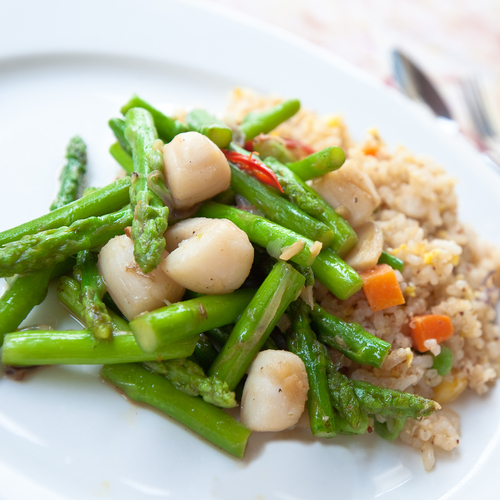
Steam asparagus in lemon water or mist with garlic infused extra virgin olive oil and grill in foil.
Studies that focus on food and memory suggest that the more overall produce people eat, the better.
But when it comes to fruit and your memory, berries rate number one! Berries have some of the highest antioxidant concentrations among fruit, and ALL berries are rich in healthy compounds called anthocyanins and flavanols, which may help protect against the breakdown of brain cells.
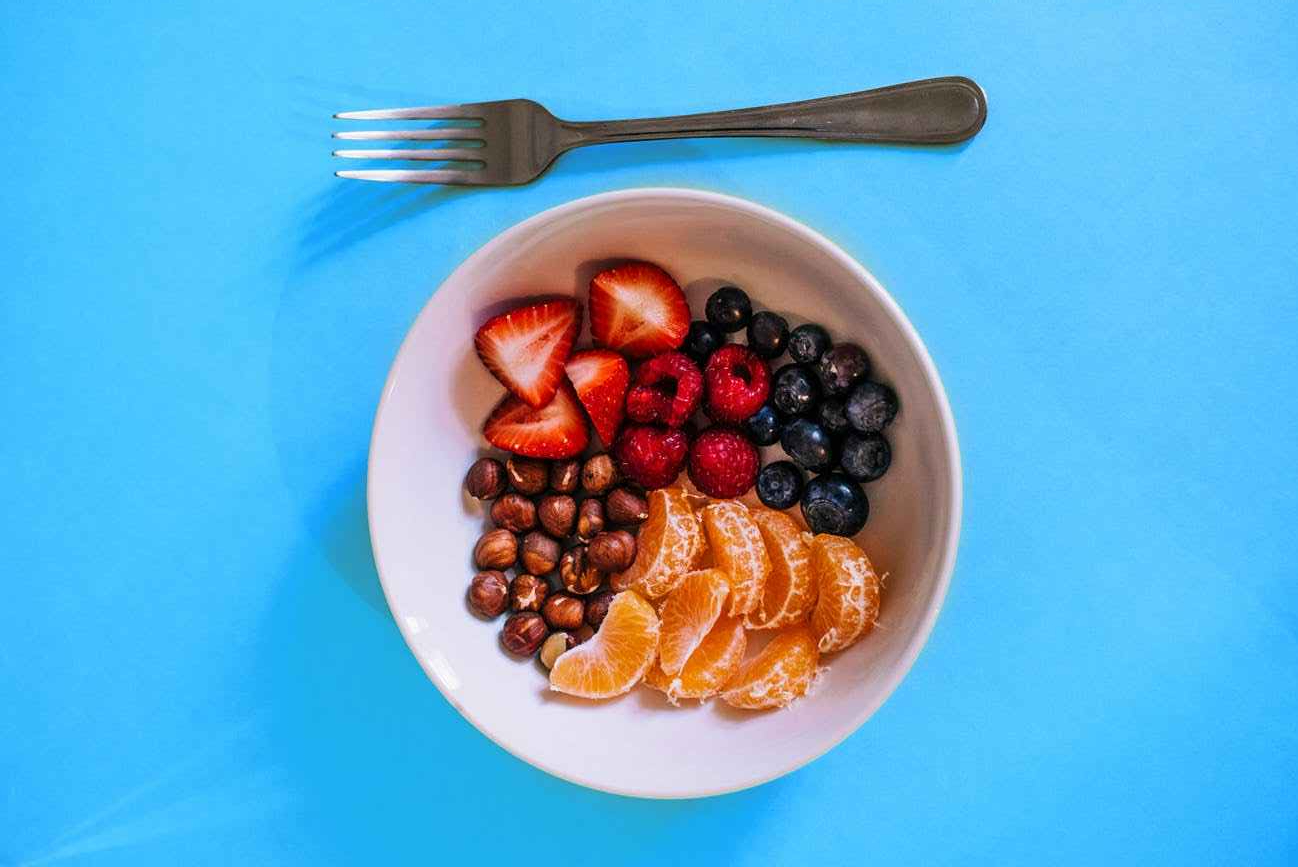
It seems that the health benefits of blueberries are in all the nutrition headlines these days—and for a great reason!
Research now shows that blueberries can not only protect the brain from further atrophy, but it can also actually reverse memory loss!
What makes these little blueberries so powerful is in the blue hue— caused by flavonoids. Those natural compounds protect the brain’s memory-carrying cells (neurons) from the negative effects of oxidation and inflammation.
Blueberries are one of the best sources of flavonoids around, and encouraging animal studies suggest that diets rich in flavonoids may help reverse memory loss in humans.
In fact, a new British study, published just last month, reveals eating plenty of blueberries can enhance spatial memory and learning.
Buy firm-fleshed berries from a farmer’s market, local supermarket, or health food store.
For off-season months, take advantage of frozen, unsweetened varieties. Berries taste great when mixed into plain yogurt, as a topping for hot or cold cereal or right out of the bowl.
This crunchy staple may seem like a nutritional throwaway, but it actually contains an important mineral, potassium, which plays a key role in maintaining the electrical conductivity of the brain.
Potassium is also involved in higher brain functions like memory and learning.
Slather on some natural peanut butter and sprinkle with raisins (old school ants on a log) for a quick snack that will satisfy your crunch tooth.
Cinnamon improves the body's ability to regulate blood sugar and this aromatic spice also boosts brain activity.
Research shows that just smelling cinnamon enhances cognitive processing and cinnamon has been shown to improve scores on tasks related to attention, memory and visual-motor speed.
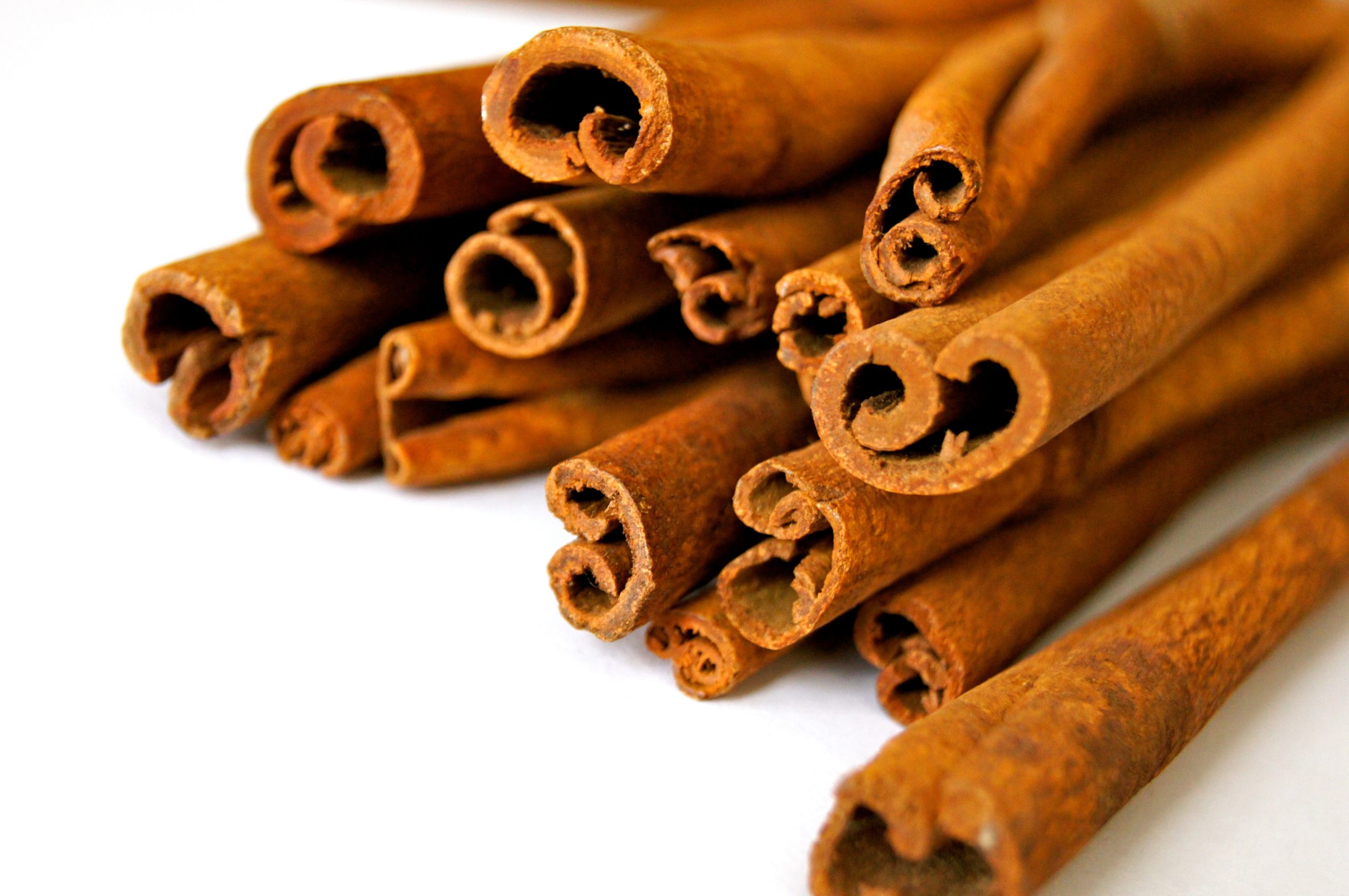
I sprinkle some into my coffee every morning but it's great in everything from a smoothie to lentil soup.
Good news for coffee lovers!
About two years ago, researchers from the University Innsbruck in Austria found a caffeinated coffee can temporarily sharpen your focus and memory.
After giving volunteers the caffeine equivalent of about two cups of coffee, they observed that their brain activity was increased in two locations—one is the part responsible for memory.
Results were observed using MRI technology. Without caffeine, there was no increase in brain activity.

People who have elevated low-density lipoprotein (LDL) cholesterol, should limit their caffeine fix to plain brewed coffee or tea.
Some evidence shows that unfiltered coffee (the kind used to make espresso, cappuccino, and latte) may raise cholesterol levels, especially in people who are already battling high cholesterol.
To be safe, skip the fancy brews and stick with a regular cup of joe. Of course, be cautious and moderate with added sugar!
Vegetables and fruits that are richly colored are chock full of antioxidant nutrients like vitamins C, E, beta-carotene, plant flavonoids, carotenoid pigments, and minerals like zinc and manganese which are also very beneficial to brain function and memory.
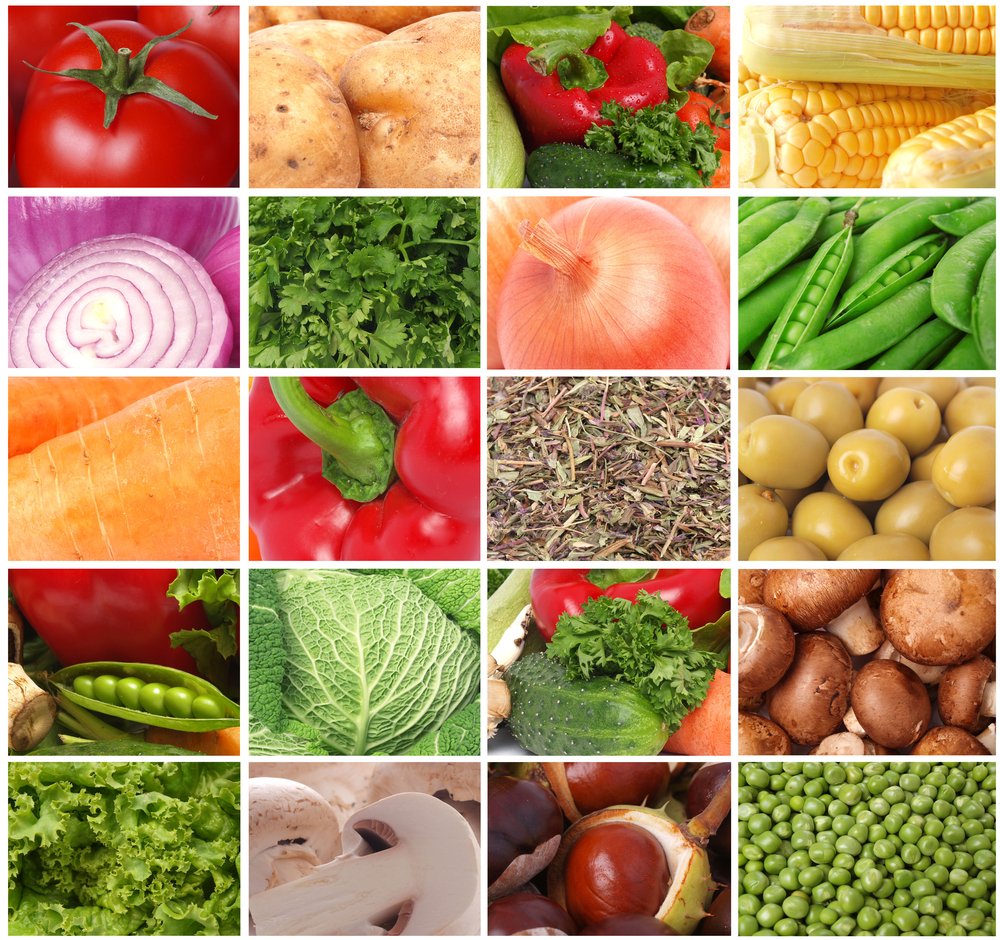
Also, vitamin B-complex, folate, and choline are particularly important nutrients when it comes to brain function and memory. Many of the nervous system messengers that send signals back and forth between our nerves (called neurotransmitters) cannot be synthesized without the presence of these.
Choline is readily available from common foods. Liver, egg yolk, soybeans, and to a lesser extent cow’s milk, most fish, and whole grains are significant sources of choline.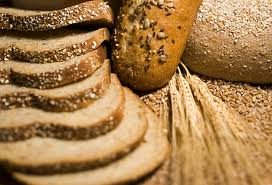
Lecithin (another name for phosphatidylcholine) is another beneficial form of choline found in both eggs and soybeans. Serine and carnitine are amino acids that you can also obtain from food, especially animal foods.
resources: care2.com, livestrong.com, pickthebrain.com
